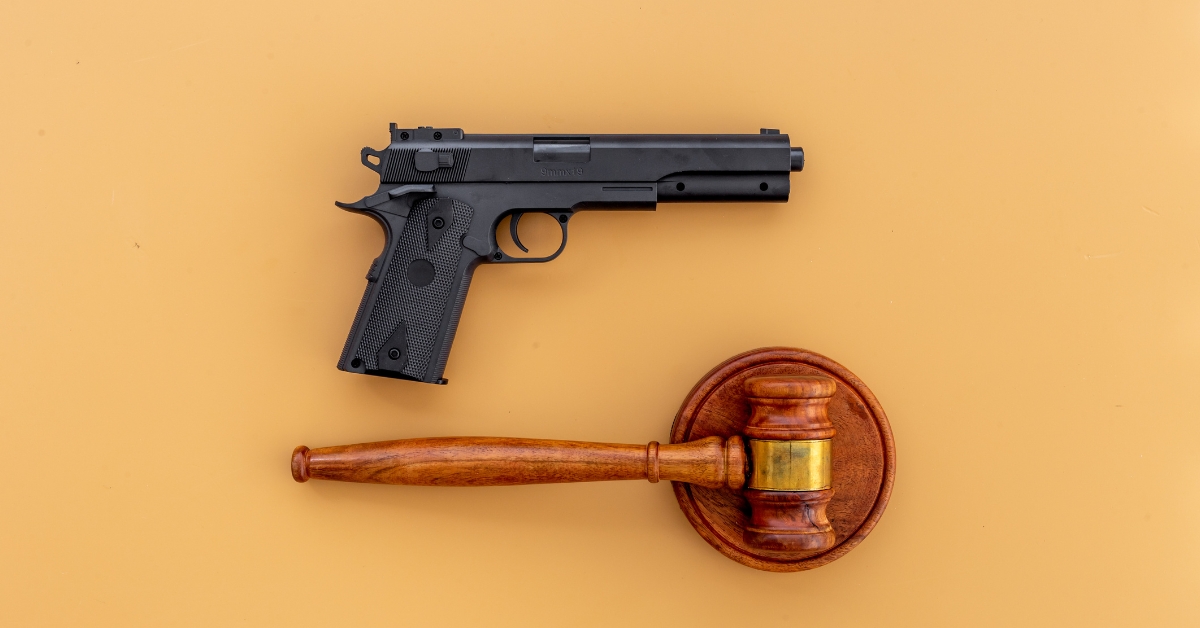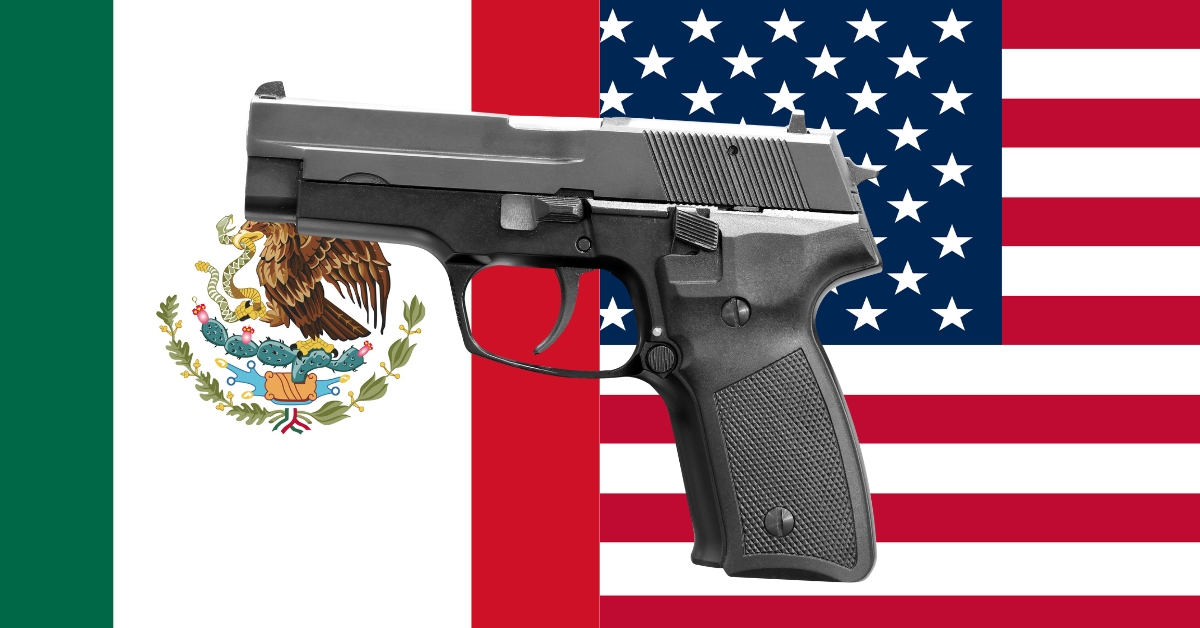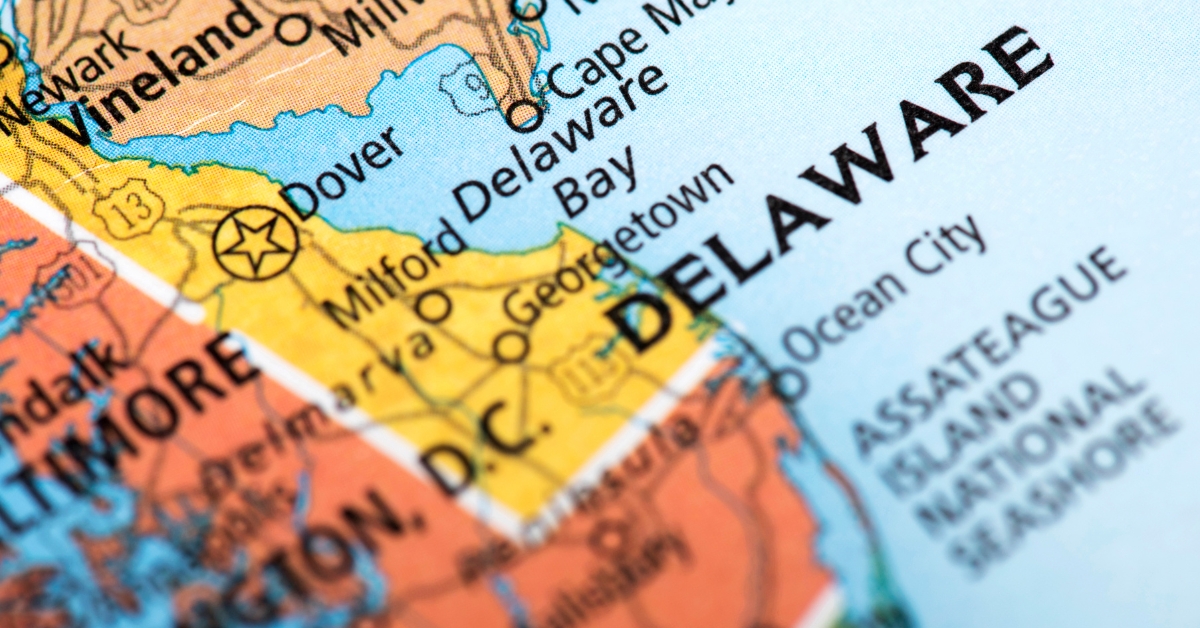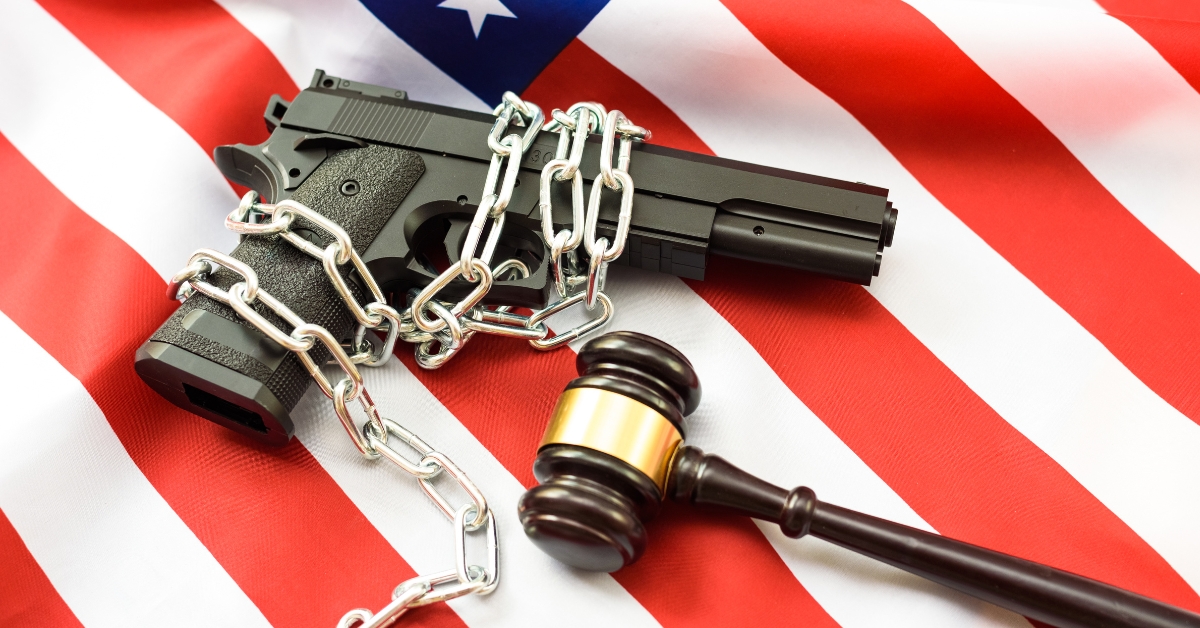
Newsweek Claims the NRA Is Dying
In 2013, Wayne LaPierre proudly announced that the National Rifle Association (NRA) was on an unparalleled growth trajectory, with aspirations to reach 10 million members. However, a recent Newsweek article paints a different picture—one of declining membership and revenues, suggesting a diminishing influence in U.S. politics.
The assertion is not made without substance; the article offers nuanced reasons for this purported decline. It argues that the NRA’s victories have become scarcer, especially in the aftermath of high-profile events like the Las Vegas and Parkland shootings. Despite a Republican-controlled Congress and presidency, initiatives such as removing suppressors from the National Firearms Act (NFA) list faced formidable hurdles.
Membership figures tell a compelling tale. LaPierre’s 2013 optimism contrasts starkly with the present reality—4.3 million members, a revelation made during a January board meeting. Financially, the NRA has encountered a 52% drop in overall revenue and nearly 59% in membership dues since 2016, according to Citizens for Ethics (CREW).
An additional noteworthy development is the NRA being outspent by gun control groups in 2018, a departure from its historical financial dominance. This shift raises questions about the NRA’s continued influence in shaping gun rights narratives.
Legal challenges add another layer of complexity to the NRA’s predicament. The article delves into the organization’s well-documented legal battles, hinting at potential long-term repercussions on its viability.
While contraction is evident, prematurely suggesting a slow demise may be overlooking crucial facts. For example, new gun rights groups are poised to fill any void left by the NRA. The pro-Second Amendment movement is undergoing diversification, and the presence of competition implies that those dissatisfied with the NRA’s trajectory may find organizations better aligned with their values.
Contrary to reports, the NRA’s impact is still palpable. It has been a guiding force for gun rights supporters, shaping the broader discourse on the issue. Even amid challenges, the broader gun rights movement shows no signs of waning. While critical scrutiny of the NRA’s decisions and actions is valid, forecasting its demise is hasty.
In conclusion, the NRA is traversing a transformative period, grappling with declining membership, legal challenges, and evolving dynamics within the gun rights movement. Whether this signifies a gradual decline or serves as a catalyst for renewal remains uncertain. The NRA’s fate, closely observed by supporters and critics alike, is intertwined with the overarching narrative of gun rights advocacy in the United States.














